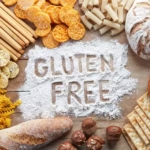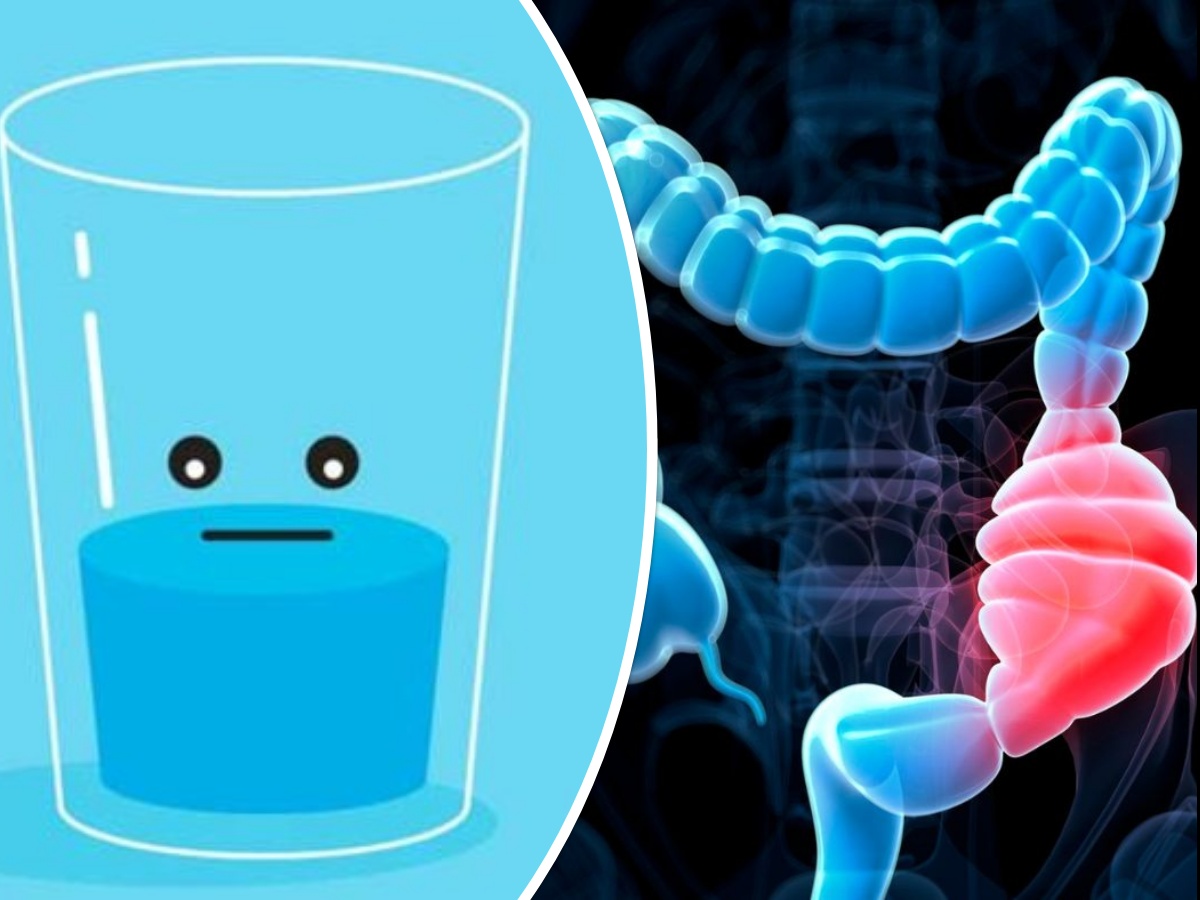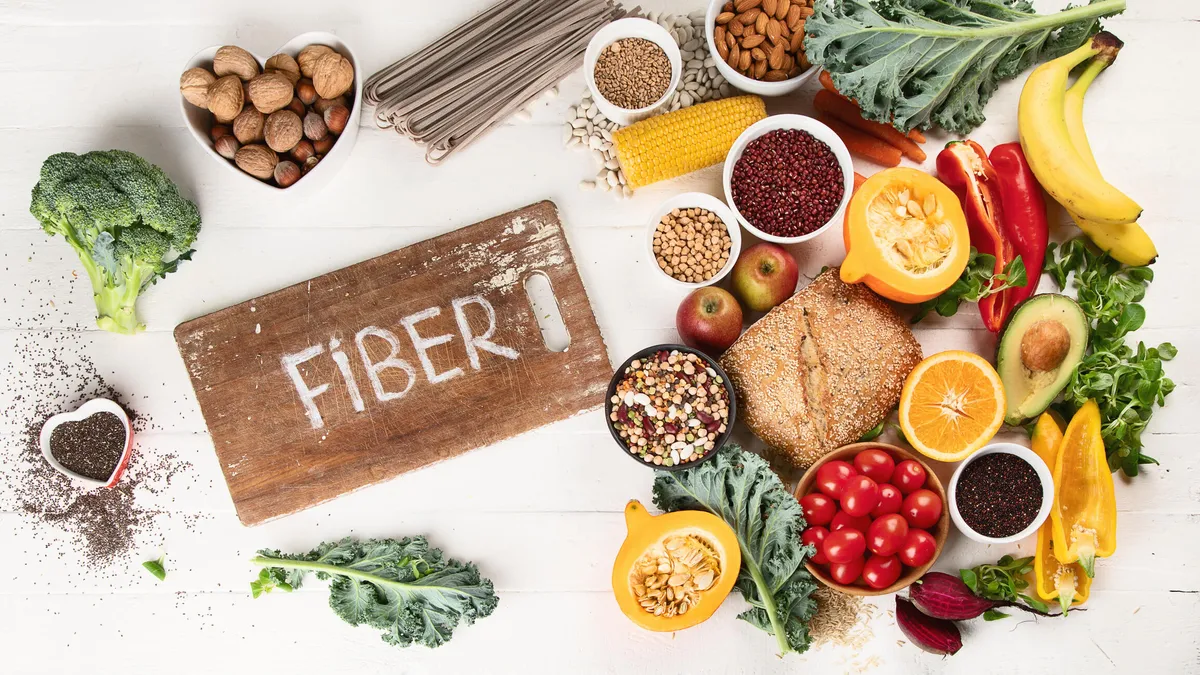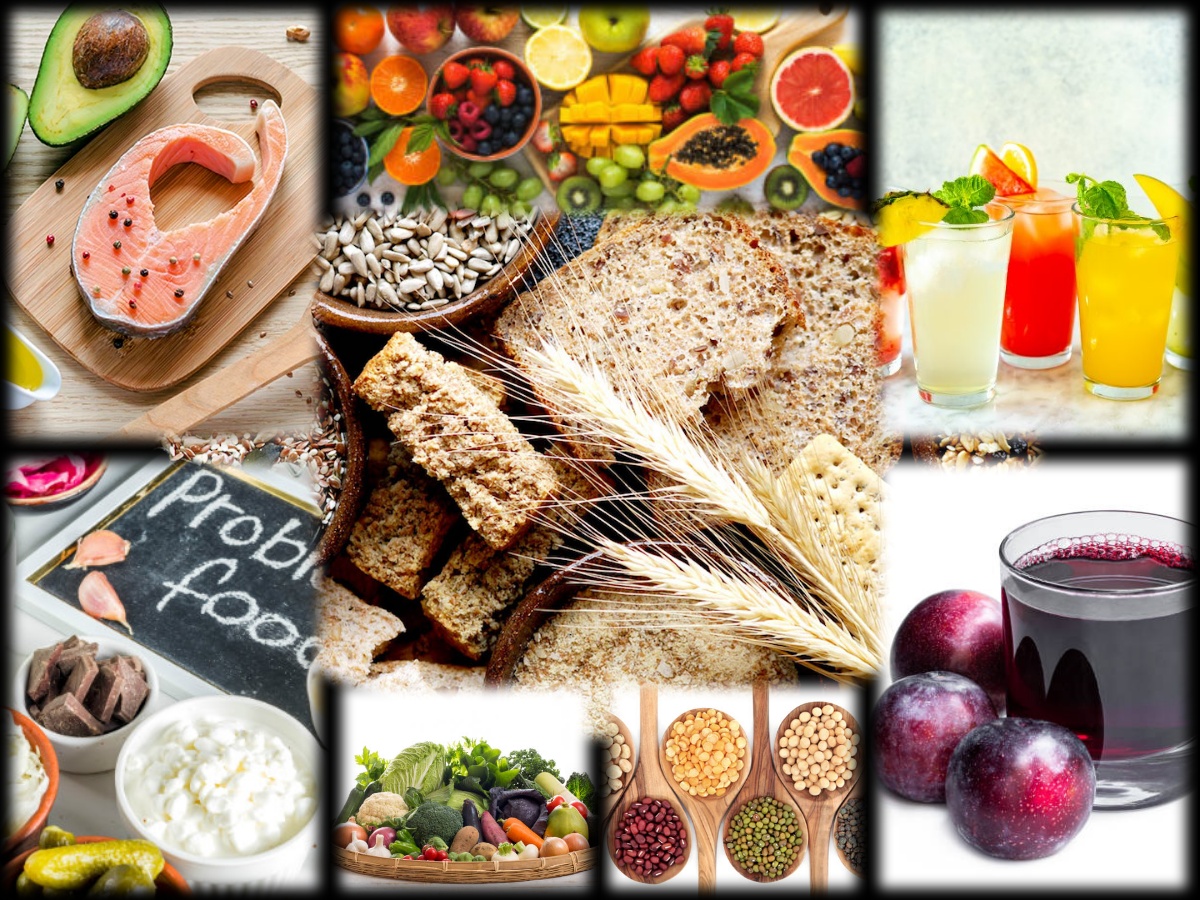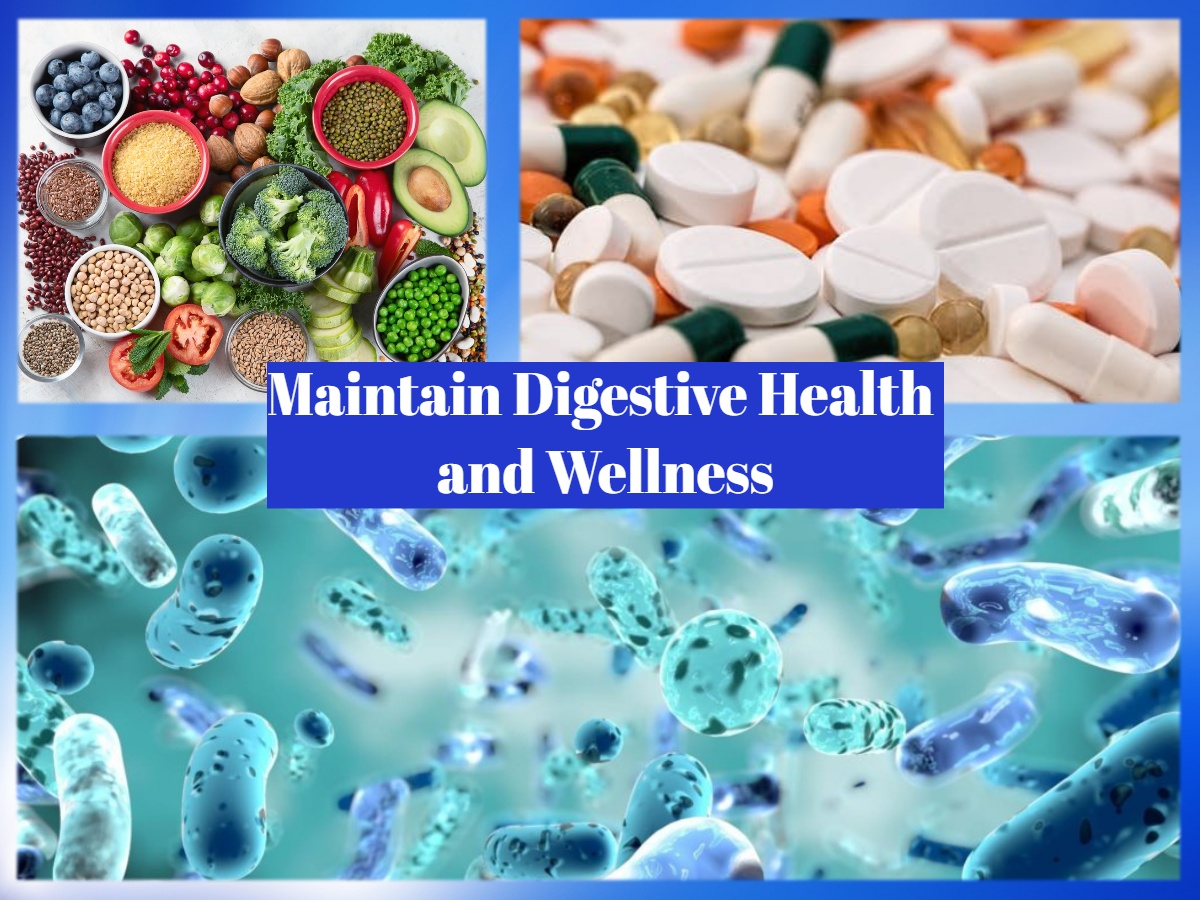Why Does Dehydration a Culpit for Constipation?
Water is often described as the elixir of life, and for good reason. Our bodies are composed of approximately 60% water, and this vital fluid plays a crucial role in nearly every bodily function, including digestion. However, despite its importance, many individuals fail to consume an adequate amount of water, leading to dehydration and a host of associated health issues, including constipation.
Table of Contents:
The Relationship between Dehydration and Constipation:

Constipation, characterized by infrequent bowel movements or difficulty passing stools, affects millions of people worldwide and can significantly impact the quality of life.
While there are various factors that can contribute to constipation, dehydration is a commonly overlooked culprit.
When the body doesn’t receive enough fluids, it begins to conserve water for essential functions, leaving the colon to absorb water from the waste material passing through it. As a result, stools become dry, hard, and difficult to pass, leading to constipation.
Inadequate hydration leads to reduced water content in the colon, resulting in slower bowel movements and increased difficulty passing stools.

Furthermore, not enough liquid can also cause the colon to absorb water from the stool, making it even harder and more compact.
The Factors That Contribute to Dehydration and Exacerbate Constipation:

- Low Water Intake:
- Failing to drink enough water throughout the day is perhaps the most obvious cause of dehydration.
- Many people simply do not consume the recommended amount of water, which can vary depending on factors such as age, weight, activity level, and climate.
- Excessive Loss of Fluids:
- Certain lifestyle habits, such as excessive sweating due to physical activity or hot weather, can lead to fluid loss.
- Additionally, conditions such as diarrhea or vomiting can rapidly deplete the body’s water reserves, increasing the risk of dehydration and subsequent constipation.
- High-Caffeine and Sugary Beverages:
- Beverages like coffee, tea, and soda are diuretics, meaning they can increase urine production and contribute to fluid loss.
- Moreover, sugary drinks can draw water from the body’s tissues into the digestive tract, potentially worsening dehydration and constipation.
- Alcohol Consumption:
- Alcohol is another diuretic that can lead to dehydration when consumed in excess.
- Additionally, alcohol can disrupt normal digestive processes and contribute to constipation indirectly.
- Certain Medications:
- Some medications, such as diuretics, antacids containing aluminum or calcium, and certain antidepressants, can contribute to dehydration and constipation as side effects.
Preventing dehydration and alleviating constipation:
- Increase Fluid Intake:
- The simplest and most effective way to prevent dehydration and relieve constipation is to drink an adequate amount of water throughout the day.
- Aim for at least 8 glasses (64 ounces) of water daily, or more if you’re physically active or live in a hot climate.
- Choose Hydrating Beverages:
- Opt for water as your primary beverage, and limit consumption of caffeinated and sugary drinks.
- Herbal teas, coconut water, and electrolyte-rich sports drinks can also help replenish fluids and support hydration.
- Eat Fiber-Rich Foods:
- Fiber adds bulk to stools and promotes regular bowel movements.
- Include plenty of fruits, vegetables, whole grains, and legumes in your diet to increase fiber intake and prevent constipation.
- Be sure to increase fiber gradually to avoid gastrointestinal discomfort.
- Limit Alcohol and Caffeine:
- Moderation is key when it comes to alcohol and caffeine consumption.
- Limit intake of these beverages, especially in situations where dehydration is more likely, such as during physical activity or in hot weather.
- Monitor Medications:
- If you’re taking medications that contribute to dehydration or constipation, speak with your healthcare provider about potential alternatives or strategies to mitigate these side effects.
Frequently Asked Questions (FAQs):
- What is dehydration, and how does it relate to constipation?
- Dehydration occurs when the body loses more fluids than it takes in, leading to an imbalance in the body’s electrolytes.
- When the body is dehydrated, the colon absorbs more water from waste material passing through it, resulting in dry, hard stools that are difficult to pass, thus contributing to constipation.
- How much water should I drink to prevent dehydration and constipation?
- The recommended daily water intake varies depending on factors such as age, weight, activity level, and climate.
- However, a general guideline is to aim for at least 8 glasses (64 ounces) of water per day.
- Adjustments may be necessary for individuals who are more physically active or live in hot climates.
- What are the signs and symptoms of dehydration?
- Symptoms include thirst, dry mouth, dark-colored urine, infrequent urination, fatigue, dizziness, and confusion.
- In severe cases, it can lead to rapid heartbeat, sunken eyes, fainting, and low blood pressure.
- How can I tell if I’m constipated?
- Constipation is typically characterized by infrequent bowel movements (fewer than three per week), difficulty passing stools, straining during bowel movements, and feeling like the bowel hasn’t emptied completely.
- Other symptoms may include abdominal pain, bloating, and discomfort.
- What are some common causes of dehydration?
- Causes include inadequate fluid intake, excessive sweating due to physical activity or hot weather, diarrhea, vomiting, fever, certain medical conditions (such as diabetes or kidney disease), certain medications (such as diuretics), and alcohol consumption.
- What lifestyle changes can help prevent dehydration and constipation?
- To prevent it’s important to drink an adequate amount of water throughout the day, choose hydrating beverages such as water, herbal teas, and coconut water, increase fiber intake through fruits, vegetables, whole grains, and legumes, limit alcohol and caffeine consumption, and monitor medications that may contribute to dehydration or constipation.
- When should I seek medical attention for dehydration or constipation?
- Seek medical attention if you experience severe or persistent symptoms, such as rapid heartbeat, confusion, severe abdominal pain, blood in the stool, or if constipation persists despite lifestyle changes and home remedies.
- Additionally, infants, young children, elderly individuals, and those with certain medical conditions may be at increased risk and should seek prompt medical care if experiencing dehydration or constipation.
- Can dehydration and constipation be linked to other health conditions?
- Yes, they can sometimes be symptoms of underlying health conditions such as gastrointestinal disorders, hormonal imbalances, neurological disorders, or certain medications.
- It’s essential to consult with a healthcare professional for proper diagnosis and management if you suspect an underlying health issue.
In conclusion, staying properly hydrated is essential for maintaining overall health and preventing a myriad of health issues, including constipation. By ensuring adequate fluid intake, choosing hydrating beverages, and incorporating fiber-rich foods into your diet, you can support optimal digestive function and enjoy relief from constipation.
Remember, listening to your body’s signals and making hydration a priority are key steps toward promoting digestive wellness and overall well-being.




